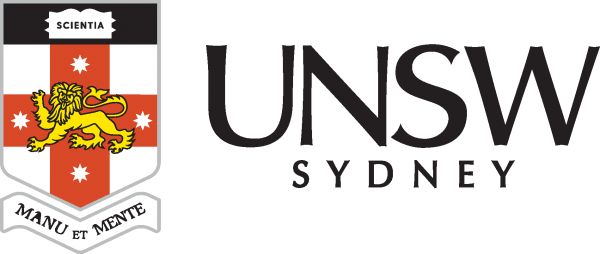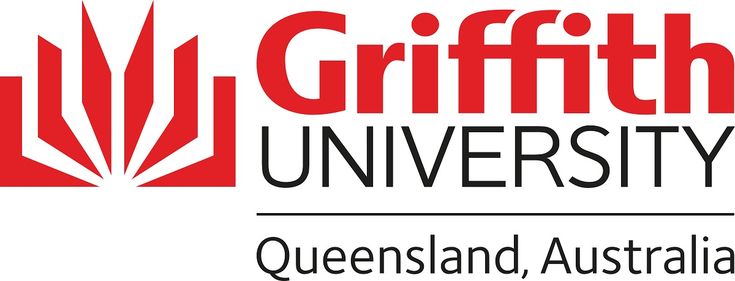About Australia
Australia is a vibrant, welcoming country offering top-quality education, stunning landscapes, and diverse cultural experiences. With its world-renowned universities, industry-focused programs, and globally recognized qualifications, it provides excellent career opportunities. Australia's emphasis on practical learning and strong industry connections ensures students gain valuable work experience. Student-friendly policies like part-time work rights, post-study work options, and pathways to permanent residency further support career growth. Cities like Sydney and Melbourne offer high living standards and vibrant job markets, making them ideal for career-focused students. Beyond academics, Australia’s diverse landscapes offer exciting opportunities for adventure and personal growth.
Australia has two main intakes for international students: February (primary intake) and July (mid-year intake). The February intake is the largest, attracting students to begin their studies in the new year, while the July intake is popular for those completing their studies later. There is also a limited October/November intake for select programs. Australia is the perfect destination for students looking to build their academic and career paths while enjoying a balanced, enriching lifestyle
Why Australia:
- World-Class Education: Australia is home to top-ranked universities known for high-quality research, excellent teaching, and strong graduate employability, offering globally recognized degrees.
- Research & Practical Learning:Australian universities combine theory with hands-on experience through internships and industry collaborations, especially in fields like AI, Engineering, and Data Science.
- Work While Studying:Students can work 48 hours per fortnight during term time and full-time during breaks, gaining valuable work experience alongside their studies.
- Post-Graduation Work Permit: Graduates can stay and work in Australia for up to 6 years, depending on their course, with extended work rights for those in in-demand fields.
- High Quality of Life:Cities like Melbourne, Sydney, and Brisbane offer excellent public services, vibrant culture, and high living standards, ideal for student life.
- Scholarships & Financial Aid: Generous scholarships, up to 35% off tuition fees, are available for academically strong students, making education more affordable
- Career Opportunities:Australia offers industry connections, internships, and co-op programs, providing students with practical experience and better job prospects after graduation.
- Post-Study Work & Networking: Graduates can gain work experience and connect with professionals through strong industry ties and a diverse international student community..
- Point-Based Immigration System: Australia's immigration policies provide pathways to permanent residency, especially for graduates in high-demand fields, through a point-based system.
Top Courses in Australia
Computer Science & IT
Data Science / Data Analytics
Engineering – Electrical, Mechanical, Civil
Business Analytics
Health Informatics / Health Care Informatics
Management Information Systems
Business Management
Environmental Science
Renewable Energy
Required Documents for Admission to Study in Australia:
- 1.Language Proficiency Requirements:
- IELTS Academic:
- Ph.D.: Overall 6.5
- Master's: Overall 6.5, with no band below 6 (some universities may accept 6 overall)
- Bachelors: Overall 6, with no band below 5.5
- PTE Academic:
- Ph.D.: Overall 61
- Master's: Overall 58, with no band below 50 (some universities may accept a lower score)
- Bachelors: Overall 52
- IELTS Academic:
- 2.General Admission Criteria:
- Universities accept both 15 years and 16 years of education.
- The minimum percentage is usually 60% or higher, but some universities accept 55% or above.
- Some universities may accept up to 10 to 15 backlogs (unsuccessful attempts/fails), depending on the program and university.
- 3.Statement of Purpose (SOP): A must for all universities during the application.
- 4.Evidence of Employment:If applicable, include your CV, internship credentials, vendor certifications, and work experience.
- 5.Acceptance into a Recognized Institution: Proof of being accepted by the university.
- 6.Relevant Undergraduate Degree or Equivalent: Proof of your previous education.
- 7.Academic References:Letters of recommendation from previous institutions or employers.
- 8.Financial Capacity: Proof that you can support your tuition fees and living expenses in Australia.
- 9. Valid Passport
- 10.Recommendation Letters:3 sealed letters from professors or employers.
Education Costs for Studying in the Australia
| Education Costs for Studying in Australia: | |
|---|---|
| Diploma & Advanced Diploma Programs: | AUD 12,000 to AUD 18,000 per year. |
| Bachelor’s Degree Programs: | AUD 24,000 to AUD 40,000 per year, with some fields like medicine costing more. |
| Master’s Programs: | AUD 24,000 to AUD 50,000 per year, with specialized programs being more expensive. |
Note: Fees may vary by university and program.
| Living Expenses | |
|---|---|
| Accommodation: | AUD 300-600 (Sharing)* |
| Groceries: | AUD 250 (sharing)* |
| Transportation: | AUD 100-150 (Public Transport)* |
| Miscellaneous Expenses | AUD 100-150 Typically around * |
Note:*Fees are for informational purposes and may vary by university. Accommodation and miscellaneous costs differ based on student preferences and cities of residence*
Top universities
Have a question? Check out the FAQ
How long does the visa application process take?
Visa processing can take 4 to 12 weeks. It's recommended to apply at least 3 months before your course starts.
Can I find a job placement after completing my studies?
Yes, you can apply for a post-study work visa to gain work experience after graduation.
Are Australian degrees recognized worldwide, and why is the GRE/GMAT not needed?
Yes, Australian degrees are globally recognized. GRE/GMAT is not required because these exams are for American universities. Australian universities focus on your academic background.
How many years can I get a visa for?
The student visa is typically valid for the duration of your course plus a few extra months for post-study work, depending on the program.
How to get PR in Australia?
To get a Permanent Residency (PR), you need to complete a relevant course, gain work experience, and meet other visa requirements. You may apply through the skilled migration program.
Does Australia have many restrictions for student visas? What is the highest acceptance rate?
Australia has some visa conditions, but the acceptance rate is generally high if you meet all requirements. Always check with the university and visa guidelines.
Do universities require an interview for admission?
Most Australian universities don’t conduct interviews, but some may require one for specific courses.
How many hours can international students work per week, on or off-campus?
Students can work 48 hours per fortnight during term time and full-time during breaks (on or off-campus).
Is a medical check-up required for the visa? Do Indian students need it, and where can they get it done?
Yes, a medical check-up is required for the Australian student visa application. Indian students must undergo this medical exam to meet the health requirements set by the Australian government. An approved panel doctor must conduct the check-up. You can find these doctors in various cities across India, including major cities. It's important to schedule your medical examination with one of these approved doctors before submitting your visa application.










